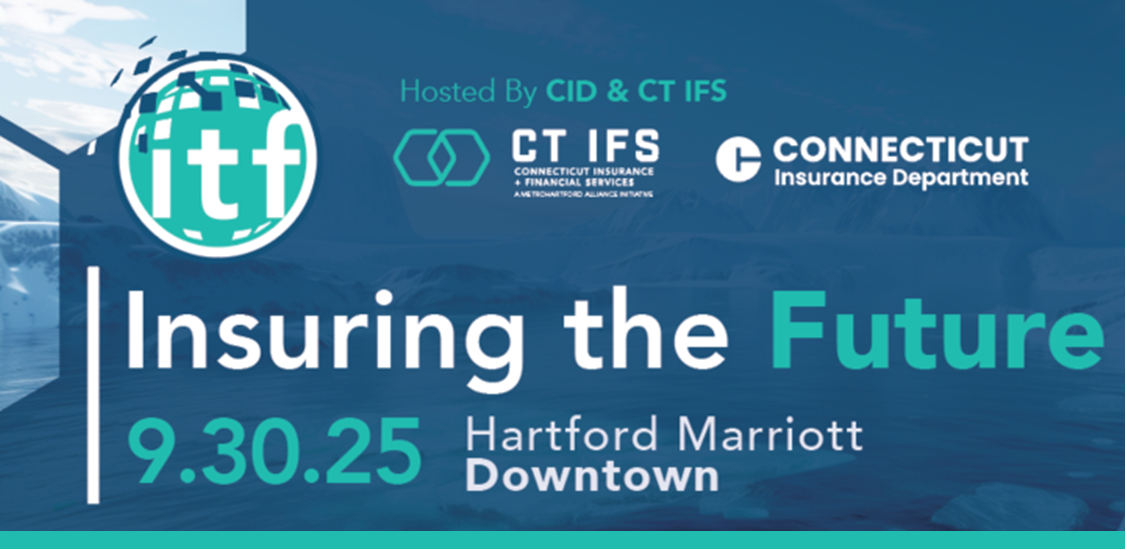PERSPECTIVE: Intellectual Freedom and Net Neutrality
/by Andrew Boyles Petersen By the time this comes to press, the Federal Communications Commission (FCC) will have voted on the future of the free and open internet we rely upon. Current FCC chairman Ajit Pai’s proposal, Restoring Internet Freedom, seeks to eliminate the 2015 FCC protections for net neutrality. The existing regulations on net neutrality were passed in 2015 to establish clear rules prohibiting internet service providers (ISPs) from throttling, prioritizing, or blocking online content. As the fight for net neutrality continues around the country, it’s important for us as librarians to understand what net neutrality is, as well as the potential implications for our profession.
On a basic level, net neutrality is the expectation your ISP will treat all websites and content you access equally, allowing you to access any websites you desire. This principle has guided the formation, growth, and use of the internet, aligning with libraries’ service goals by providing patrons with equal access to information. Overturning net neutrality could directly go against this core tenant of our profession, resulting in access to different websites being prioritized or impeded based off of the beliefs or profit-model of the ISP.
As with many profit-based programs, consumers will likely be burdened with the consequences of these changes, with marginalized communities bearing the worst of this affront. Pairing with the push to end net neutrality, a November 16 FCC vote seeks to scale back the Lifeline program—a program designed to provide discounted phone and internet services to low-income households. Throttling back the Lifeline program alongside rescinding net neutrality will target many of our most vulnerable populations, both re-pressing possible avenues for their free speech and constraining marginalized communities to public telecommunications offerings, including our library services. This will likely lead to an increased demand for library services, particularly internet access. Responding to this demand, however, might be more and more difficult.
Without net neutrality in place, the payment plan for ISP customers, including libraries, could increase dramatically. As ISPs are presently prevented from blocking or slowing online content, customers are currently charged based on their service provider and desired download/upload speeds. Under the new plan, ISPs could slow or block web content, charging content companies and end-users to reach specific websites or receive priority access to content.
Along with higher monthly bills from their ISPs, consumers and libraries could also see increased costs from content companies once these companies begin paying ISPs for preferential treatment. Trickle-down from these increased costs would likely result in increased product and subscription charges for the average consumer. With state governments making cuts to library budgets and ISPs raising monthly rates, addressing an increased demand for library internet services may be challenging, or for some libraries, impossible.
On a national level, the American Library Association (ALA) has consistently supported maintaining net neutrality, resisting both the current and 2015 moves to repeal. Following the decision there will likely be legal challenges to the order in the federal court of appeals, as well as possible legislative action.
Throughout, the ALA has committed to “work with other supporters of strong net neutrality protections to ensure policymakers know how important a free and open internet is to libraries and the communities we serve” (Satterwhite, 2017). Similarly in our state, the Connecticut Library Association Intellectual Freedom Committee (CLA IFC) is here to support you in this struggle, as well as in challenges to materials, library services, and patron privacy. Coinciding with the ALA’s Office for Intellectual Freedom, the CLA IFC seeks “to recommend such steps as may be necessary to safeguard the rights of library users, libraries, and librarians…” For that reason, we will be providing regular updates on these issues via this column in CLA Today.
In our digital age, we must together as a profession continually focus on protecting patrons’ rights online, seeking to support our patron’s right to free speech online and the confidentiality of their digital identities, just as we long have with their physical selves. Although the FCC vote on net neutrality has now passed, there is still time to speak up on this issue. Read through the ALA’s advocacy information on net neutrality, and follow the ALA Washington Office’s District Dispatch blog as this continues to unfold. If this debate transitions to Congress, call your senators and express your support for net neutrality. As we move toward a new year, we can together support our libraries and communities by speaking out against affronts to intellectual freedom and by working together to protect the rights of our patrons.
___________________________
Andrew Boyles Petersen is Instruction and Outreach Librarian at The Loomis Chaffee School in Windsor and a member of the Connecticut Library Association Intellectual Freedom Committee. This article first appeared in the latest issue of CLA Today, the newsletter of the Connecticut Library Association. The publication will be providing updates on these issues in future issues.































